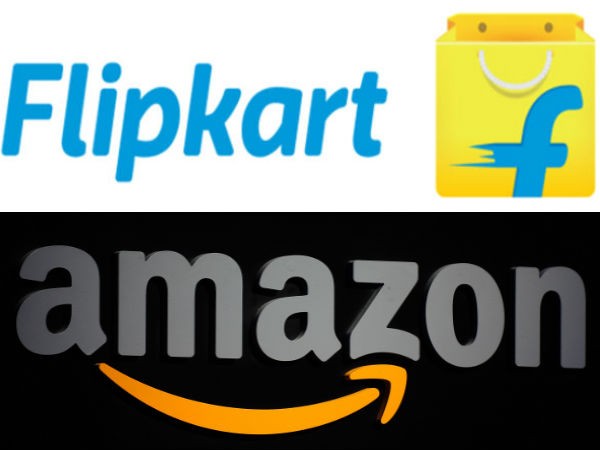
In order to ensure strict compliance with ecommerce rules, foreign-owned online marketplaces like Flipkart and Amazon are asking brands to give in writing negotiated, predetermined prices — also called market operating prices — for products to sellers and certify that any discounts beyond this will be borne by them — marketplaces and sellers will have nothing to do with it, the Economic Times said quoting executives with knowledge of the matter. This move makes steep discounts less of a possibility on online marketplaces now.
Worth mentioning here is that the agreement between seller and brand, which is initiated primarily by the marketplaces, includes a price guarantee clause. Under this, in case a product is available on another marketplace at a lower price, the seller has the liberty of matching that and the brands will reimburse the difference by issuing a credit note to the seller.
The ET report citing the executive said earlier sellers used to drop prices at their own will and used to fund the discounts to remain competitive. According to the executive, the entire process involving maintenance of market operating price, discounts and credit notes has been automated so that any audit will show the marketplaces are obeying the revised foreign direct investment (FDI) norms in ecommerce that came into effect earlier this year.
It may be noted that in India 100% FDI is allowed in ecommerce marketplaces but they can only function as platforms that connect buyers and sellers and cannot influence prices. Brick-and-mortar retailers have for years alleged that these deep-pocketed marketplaces have been indirectly influencing prices by funding deep discounts of products on their platforms.
Commerce and industry minister Piyush Goyal last month told top executives of local and foreign ecommerce companies that marketplaces must follow rules in both letter and spirit and avoid price distortion on their platforms, the ET report said adding that Amazon and Flipkart officials have also informed sellers that there will be no preferential treatment for any vendor and all will be levied uniform seller commission and logistics rates.
It may be noted that there have been reports that some of the large sellers used to receive preferential rates and were passing on the savings as discounts to customers.
The executive told the business daily that the new system has been implemented in consumer electronics and smartphones segments, which account for 60-65% of total ecommerce sales. It could soon be rolled out to other categories, they said.
An Amazon India spokesperson said Amazon.in is a marketplace and sellers decide customer-facing prices. “As a company we have a high bar on compliance,” the person said. Flipkart did not respond to ET's queries.
Going forward discounts will be much more regulated, said Ankur Dayal, CEO of Primarc Pecan Retail, a leading seller on Amazon and Flipkart. Some of the steps that the marketplaces have taken will be good for all sellers, he told the business daily without sharing any other details.


.jpeg)

